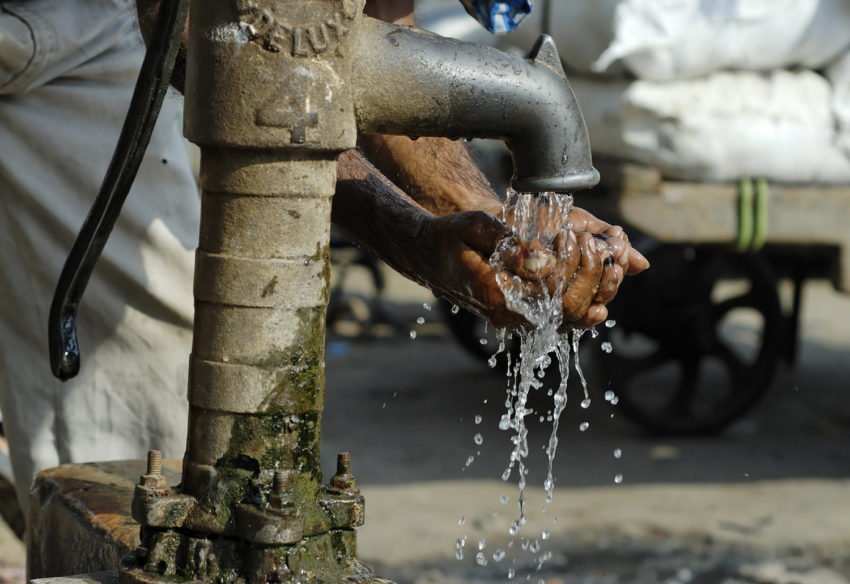
The quality of water you consume and the waste management systems in your community have a direct correlation with public health. You might be unaware, but WHO reports that over two billion people globally lack access to safe drinking water, resulting in an estimated 3.4 million deaths annually, mainly from waterborne diseases. This blog delves into the direct effects of water purity and waste management on public health.
Understanding Water Purity
Water purity refers to the absence of contaminants in your drinking water. When considering the topic of global water quality and sanitation, it’s clear that pure water is a life-enhancing elixir—absolutely essential, yet often overlooked. It aids in digestion, detoxifies the body, hydrates skin, and optimizes metabolic performance. But when tainted with harmful substances like lead, plastic residues or harmful microorganisms, it becomes a source of disease.
The Seriousness of Water Pollution
Water pollution constitutes one of the most pressing environmental issues today. You may be surprised to know that millions of people worldwide suffer from water-related diseases due to contaminated drinking water. The impact extends beyond physical health, leading to socio-economic repercussions like hindered economic productivity and educational growth.
Infections Rooted in Impure Water
Illnesses such as cholera, typhoid, and dysentery are often traceable to impure water,Waterborne pathogens cause these illnesses. Chemical contamination can lead to conditions like cancer, neurological disorders, and hormonal imbalances.
Role of Adequate Sanitation
Adequate sanitation is intertwined with water purity, especially in developing regions where open defecation is prevalent. Contaminated human waste can easily find its way into water sources. Improvements in sanitation contribute to improved water quality, thus reducing disease rates.
Effects of Industrial Waste on Water Quality
Industrial waste significantly contributes to water pollution. Factories often dispose of harmful byproducts into nearby water bodies without proper treatment. This reckless practice contaminates water sources not only with solid waste but also with hazardous chemicals and toxins.
Impact of Agricultural Runoff
Agricultural runoff can have serious implications for water purity too. Fertilizers and pesticides, if not managed well, end up in natural water sources, proving toxic to both human health and ecosystems.
Importance of Waste Management
The practice of treating, processing, and recycling waste materials is known as waste management. Effective waste management not only reduces environmental burdens but also directly contributes to safeguarding public health.
Waste as a Public Health Menace
Untreated and improperly disposed waste forms breeding grounds for vectors like mosquitoes, flies, and rats that carry diseases such as malaria, dengue fever, and plague. Exposure to hazardous waste can lead to severe health conditions such as respiratory diseases, skin disorders, and even cancer.
Impact of Landfills on Air Quality
Beyond water contamination, improper waste management also affects air quality. Landfills release harmful gases, including methane—a potent greenhouse gas—and volatile organic compounds which can cause a myriad of health issues when breathed in.
Essence of Waste Segregation
The first step towards efficient waste management is segregation. Segregating waste at the source leads to easier recycling and disposal processes. It also minimizes the risk of exposure to hazardous waste material.
The Role of Authorities
Authorities play a vital role in regulating effective waste management and ensuring water purity. Policies and regulations to control industrial waste disposal and promote sustainable practices are essential. Strict implementation and monitoring can result in significant improvements in public health.
Community Participation
You play a significant role as a community member. Adopting practices like waste segregation, minimizing plastic use, and judicious use of water are simple steps that contribute to cleaner environments and healthier communities.
Global Impact
The larger impact of efficient waste management and water purity is on a global scale. It contributes significantly to the achievement of Sustainable Development Goals (SDGs). SDG 6 focuses on clean water and sanitation while SDG 11 promotes sustainable cities — both posing indirect benefits for public health.
The Final Note
By understanding the direct role of water purity and waste management on public health, you can appreciate the importance of collective efforts in these areas. You are not a passive bystander, but an active participant in creating a healthier community and a more sustainable future.